When Egypt comes to mind, most people picture the majestic pyramids and ancient temples that have stood for millennia. Yet beyond these iconic landmarks lies a diverse natural landscape waiting to be explored responsibly. From pristine deserts and lush oases to vibrant coral reefs and rich biodiversity, Egypt offers remarkable opportunities for ecotourism that remain largely undiscovered by mainstream travelers.
As global awareness of environmental conservation grows, ecotourism in Egypt has emerged as a meaningful way to experience this historic land while preserving its natural heritage for future generations. This sustainable approach to travel not only protects fragile ecosystems but also supports local communities and creates authentic cultural connections.
Understanding Ecotourism: Travel with Purpose
Responsible wildlife observation is a cornerstone of ecotourism practices in Egypt
Ecotourism represents a responsible approach to travel that focuses on conserving the environment, respecting local cultures, and supporting community development. In Egypt, this means exploring natural areas while minimizing your environmental footprint and contributing positively to conservation efforts and local economies.
Core Principles of Ecotourism
- Minimizing environmental impact through sustainable practices
- Supporting conservation efforts that protect natural habitats
- Respecting and preserving local cultures and traditions
- Creating economic opportunities for local communities
- Promoting environmental awareness and education
By embracing these principles during your Egyptian adventure, you become part of the solution rather than contributing to environmental challenges. The country’s diverse ecosystems—from desert landscapes to marine environments—benefit from this mindful approach to tourism.
Ready to Travel Responsibly?
Discover practical ways to minimize your environmental impact while maximizing your experience in Egypt.
Top Ecotourism Destinations in Egypt
Egypt’s natural diversity offers exceptional opportunities for eco-conscious travelers. From desert landscapes to marine ecosystems, these destinations showcase the country’s ecological richness while supporting conservation efforts.
Siwa Oasis: Desert Sustainability
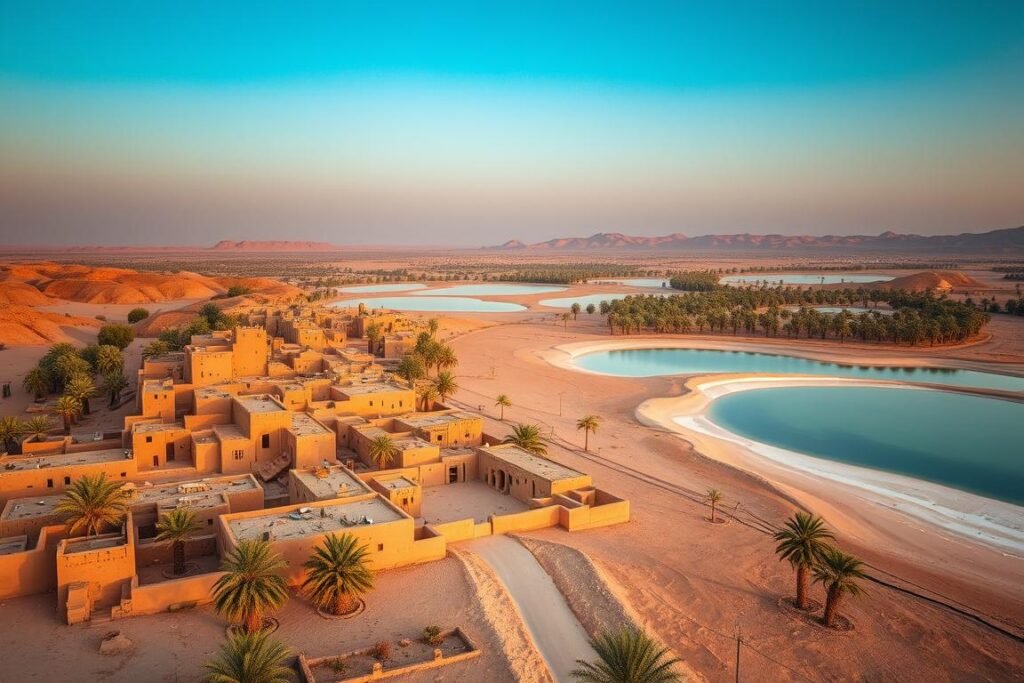
Siwa Oasis blends traditional architecture with natural beauty
Nestled in Egypt’s Western Desert, Siwa Oasis represents a perfect harmony between human habitation and natural environment. This remote paradise is known for its freshwater springs, salt lakes, and unique biodiversity adapted to desert conditions.
The oasis is home to eco-lodges built using traditional methods and materials. The most famous, Adrère Amellal, operates without electricity, using candles and locally sourced food to create an authentic, low-impact experience. Visitors can explore salt lakes, enjoy sand baths, and engage with the local Berber culture while supporting community-based tourism initiatives.
White Desert National Park: Geological Wonders

The otherworldly chalk formations of the White Desert create a surreal landscape
The White Desert National Park presents one of Egypt’s most extraordinary landscapes. Wind-carved chalk rock formations create an otherworldly scenery that resembles a natural sculpture garden. This protected area offers responsible camping experiences under star-filled skies, with local Bedouin guides who share their deep knowledge of desert ecosystems.
Eco-tour operators in this region emphasize leave-no-trace principles, ensuring that this fragile environment remains pristine. The stark beauty of the white limestone formations against the golden sand creates unforgettable photography opportunities while teaching visitors about geological processes and desert adaptation.
Ras Mohamed National Park: Marine Conservation
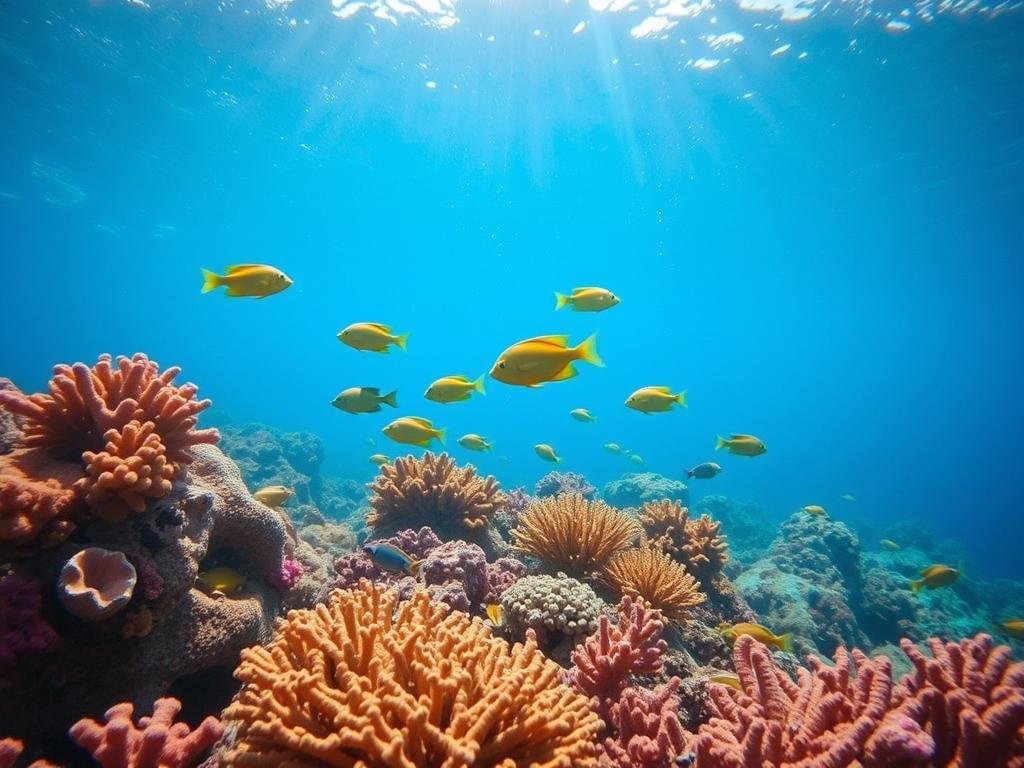
Ras Mohamed’s protected coral reefs support incredible marine biodiversity
At the southern tip of the Sinai Peninsula, Ras Mohamed National Park protects some of the world’s most spectacular coral reefs. Established in 1983, this marine reserve encompasses both terrestrial and marine ecosystems, creating a sanctuary for numerous species.
Eco-conscious diving and snorkeling operators adhere to strict guidelines that protect the fragile coral systems. Visitors can observe vibrant reef fish, sea turtles, and occasionally dolphins while learning about marine conservation efforts. The park’s mangrove forests and salt marshes also provide critical habitat for migratory birds, offering excellent birdwatching opportunities.
Discover More Natural Wonders
Egypt has many more ecological treasures waiting to be explored responsibly.
Eco-Friendly Accommodations
Sustainable lodging options form the backbone of ecotourism in Egypt, offering comfortable stays with minimal environmental impact. These establishments implement resource conservation practices while supporting local economies.
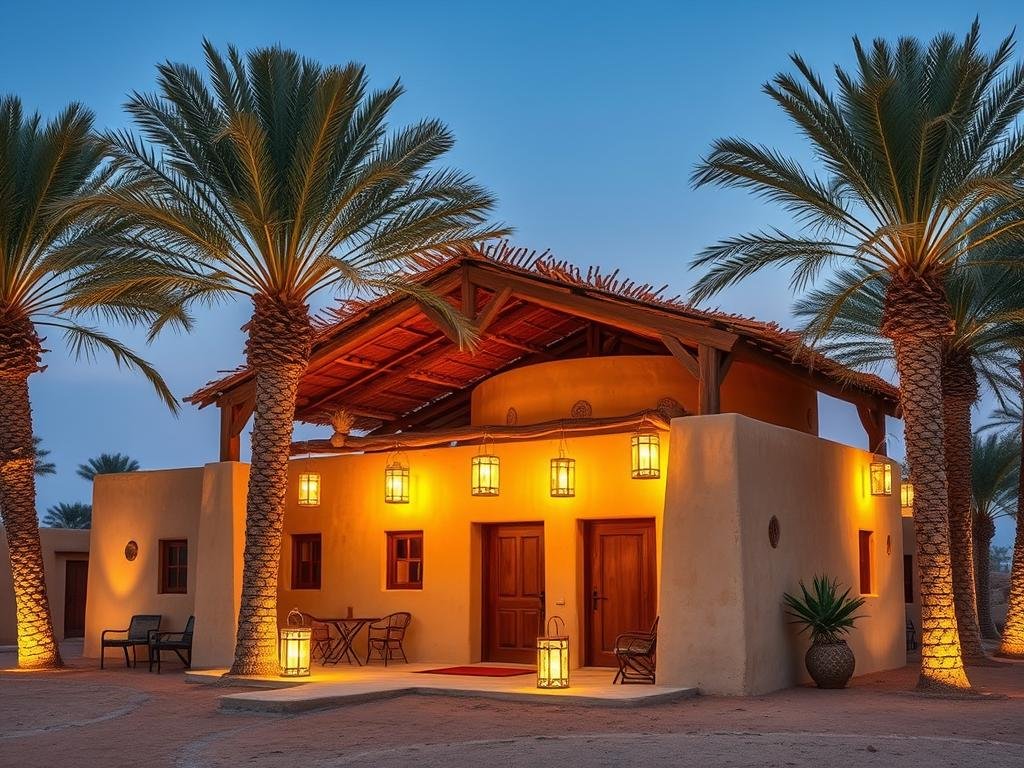
Desert Eco-Lodges
Built using traditional materials and techniques, desert eco-lodges minimize their carbon footprint through solar power, water conservation systems, and waste reduction practices. Many operate without electricity, using candlelight and natural cooling methods.
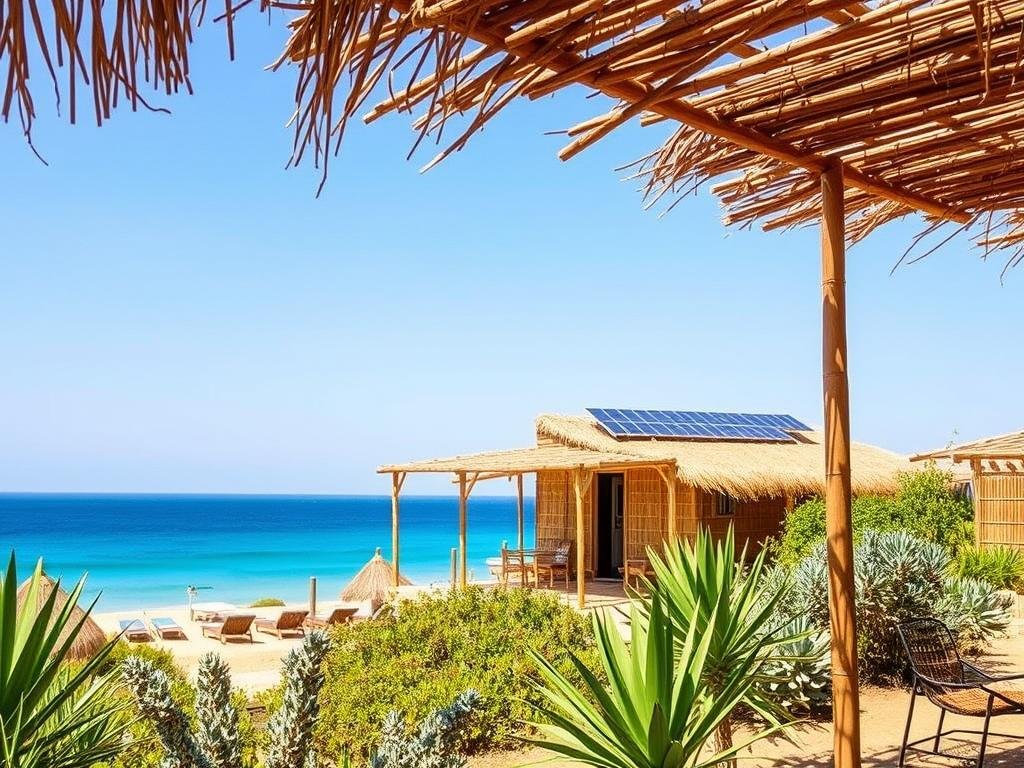
Coastal Eco-Resorts
Along the Red Sea coast, eco-resorts implement coral-friendly practices, including proper wastewater treatment, reef-safe sunscreen requirements, and educational programs about marine conservation. Many support local marine protected areas through guest contributions.

Community-Based Stays
Bedouin-run accommodations offer authentic cultural experiences while directly benefiting local communities. These stays range from desert camps to homestays, where visitors learn traditional skills and customs while their tourism dollars support sustainable livelihoods.
Eco-Friendly Activities and Experiences
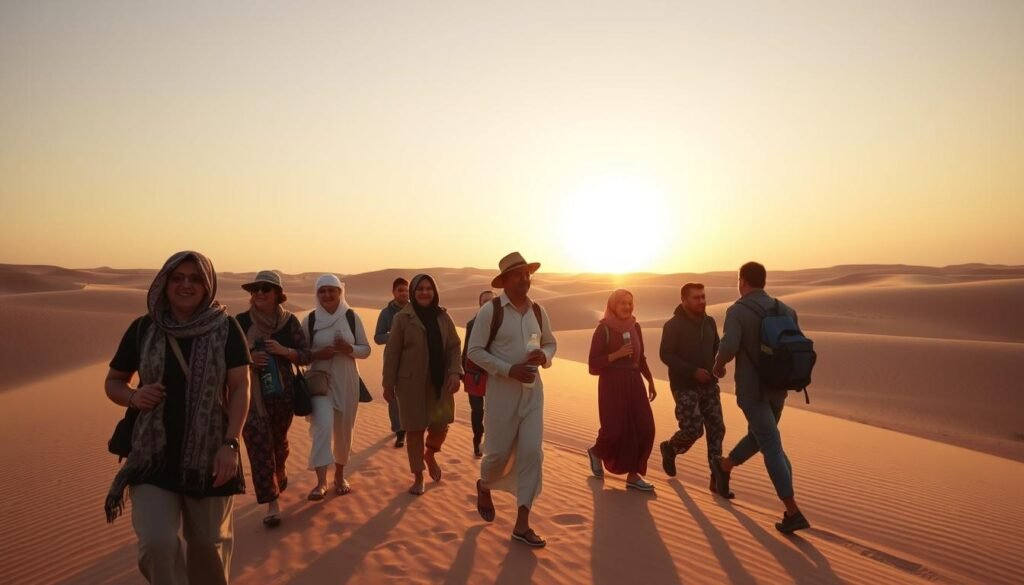
Desert trekking with local guides provides authentic experiences while supporting traditional knowledge
Responsible activities form the heart of any ecotourism experience in Egypt. These adventures allow you to connect deeply with natural environments while ensuring their preservation for future generations.
Ethical Wildlife Encounters
- Birdwatching in Nile Valley wetlands and desert oases, home to numerous migratory species
- Responsible dolphin watching in the Red Sea with operators who maintain proper distance
- Desert wildlife observation with trained guides who understand animal behavior
- Turtle conservation programs that allow limited, supervised interaction during nesting season
Low-Impact Adventure Activities
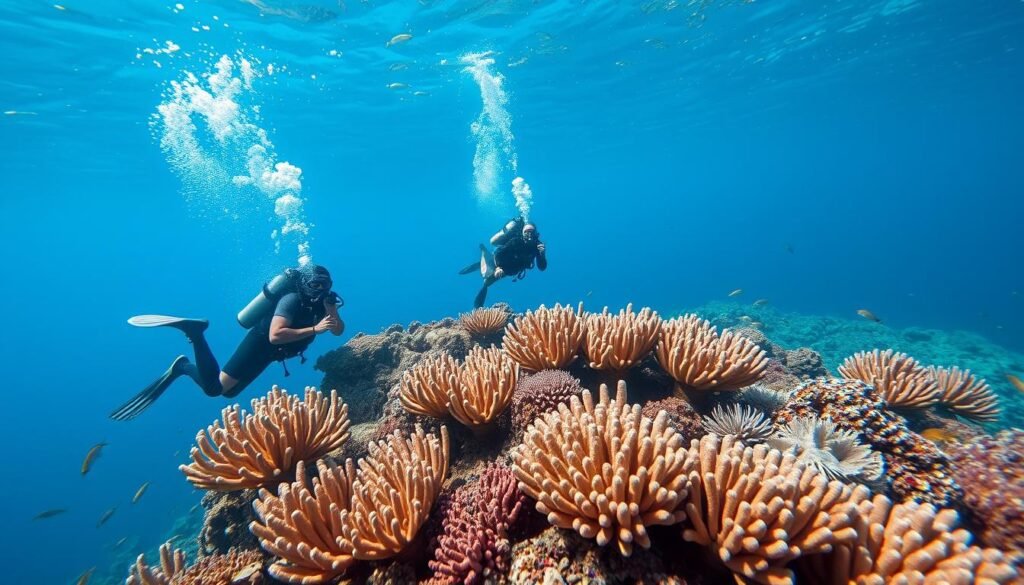
Responsible diving practices help preserve Egypt’s fragile coral ecosystems
- Eco-certified diving and snorkeling tours that follow reef protection guidelines
- Desert hiking and trekking on established trails to minimize habitat disruption
- Sailing trips using traditional feluccas that rely on wind power
- Camel trekking with operators who maintain high animal welfare standards
- Stargazing in desert locations, taking advantage of minimal light pollution
Cultural Immersion
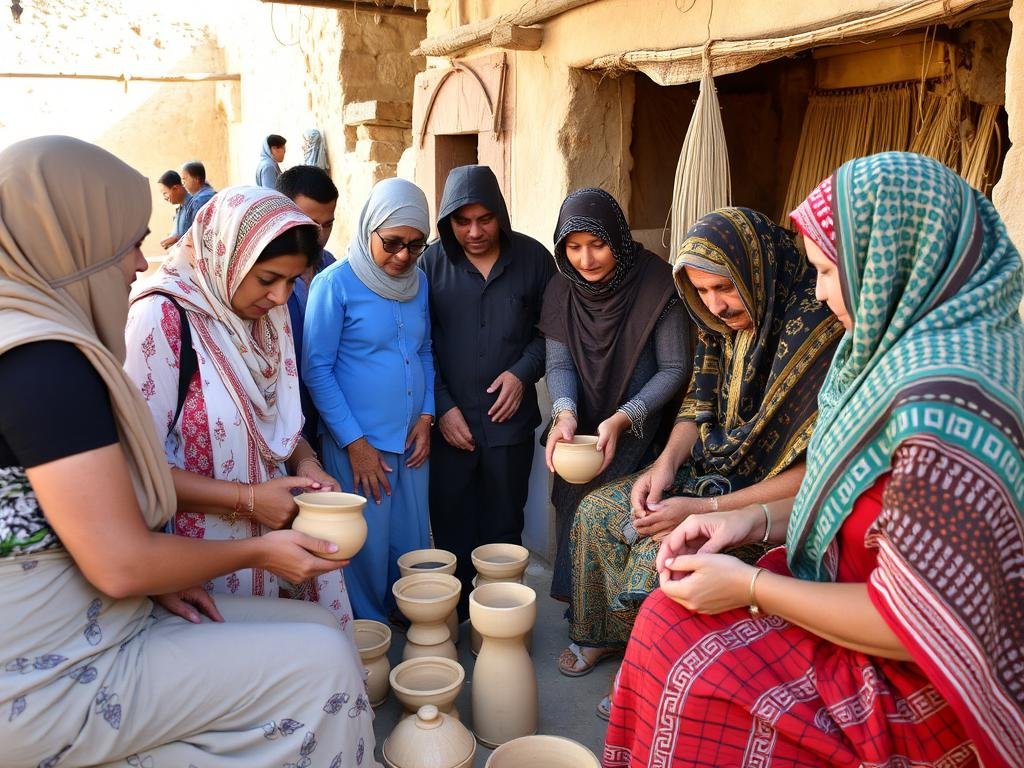
Learning traditional crafts supports cultural preservation and local livelihoods
Authentic cultural experiences create meaningful connections while supporting traditional knowledge and practices. Participate in cooking classes using locally grown ingredients, learn traditional crafts from village artisans, or join in seasonal harvest activities at organic farms. These interactions provide economic opportunities for communities while preserving cultural heritage.
Plan Your Eco-Adventure
Discover more sustainable activities that create memorable experiences while protecting Egypt’s natural treasures.
Supporting Local Communities Through Ecotourism
A fundamental aspect of ecotourism in Egypt involves creating positive impacts for local communities. When you choose community-based tourism options, your travel spending directly benefits Egyptian families and supports sustainable development.
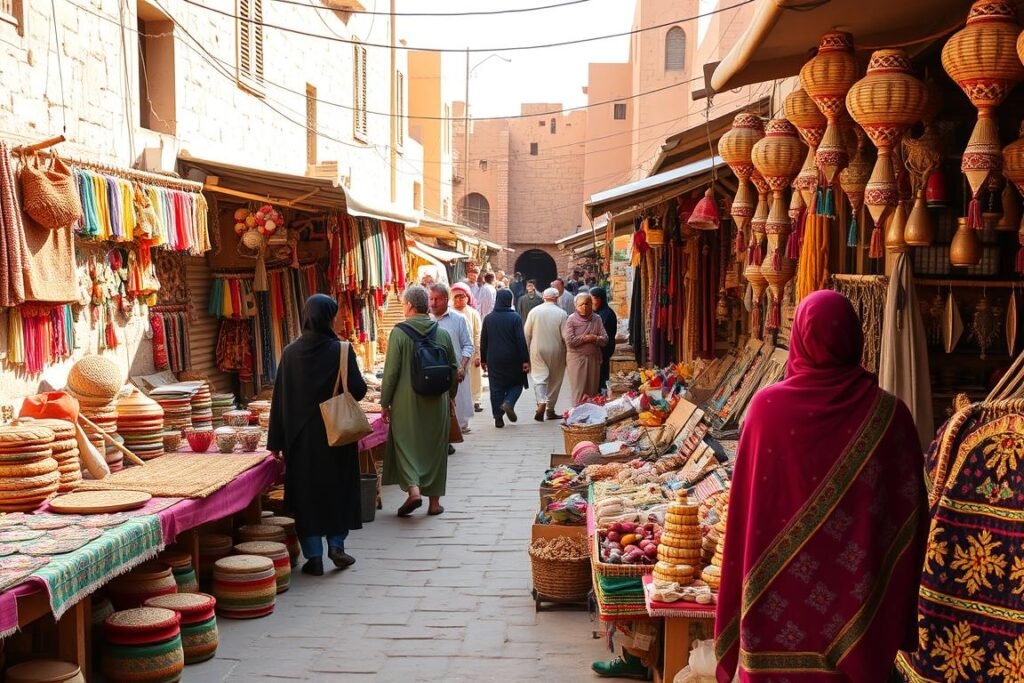
Purchasing directly from local artisans ensures your tourism dollars benefit communities
Economic Benefits of Responsible Tourism
When managed properly, ecotourism creates sustainable livelihoods that reduce pressure on natural resources. In many Egyptian communities, especially those near protected areas, ecotourism provides alternatives to environmentally harmful activities like overfishing or deforestation.
- Purchase handicrafts directly from artisans in villages and local markets
- Choose locally-owned restaurants serving traditional Egyptian cuisine
- Hire local guides who share authentic knowledge of their regions
- Stay in community-owned or operated accommodations
- Participate in cultural workshops that preserve traditional skills
Many communities, particularly in the Sinai Peninsula and Western Desert, have developed cooperatives that ensure tourism benefits are distributed equitably. By engaging with these initiatives, you help create economic resilience while experiencing authentic Egyptian hospitality.
Practical Tips for Responsible Travel in Egypt
Planning an eco-friendly trip to Egypt requires thoughtful preparation. These practical guidelines will help you minimize your environmental footprint while maximizing positive impacts during your journey.
When to Visit
| Region | Best Season | Ecological Highlights | Considerations |
| Desert Destinations | October-April | Migratory birds, desert blooms after rare rains | Avoid summer extreme heat for safety and lower energy use |
| Red Sea Coast | Year-round | Coral spawning (March-May), turtle nesting (summer) | Check specific marine life seasons for interests |
| Nile Valley | November-February | Migratory birds, agricultural harvests | Moderate temperatures reduce energy needs |
Packing Essentials for Eco-Travelers

Packing sustainable essentials helps reduce waste during your ecotourism adventure
Environmental Essentials
- Reusable water bottle with filter
- Biodegradable toiletries
- Reef-safe sunscreen
- Solar charger for electronics
- Reusable shopping bag
Cultural Considerations
- Modest clothing for visiting communities
- Headscarf for women visiting religious sites
- Small gifts from your home country (not candy)
- Phrase book with Arabic greetings
- Cash for areas without banking infrastructure
Minimizing Your Environmental Impact
Water conservation is particularly crucial in Egypt, where freshwater scarcity is a significant challenge. Be mindful of your water usage, especially in desert regions where this resource is precious.
- Choose operators with verified environmental certifications
- Follow designated trails and respect wildlife boundaries
- Properly dispose of waste and pack out what you bring in
- Conserve water, especially in desert environments
- Use public transportation or shared vehicles when possible
- Avoid collecting natural souvenirs like shells or coral
Embracing Responsible Travel in Egypt
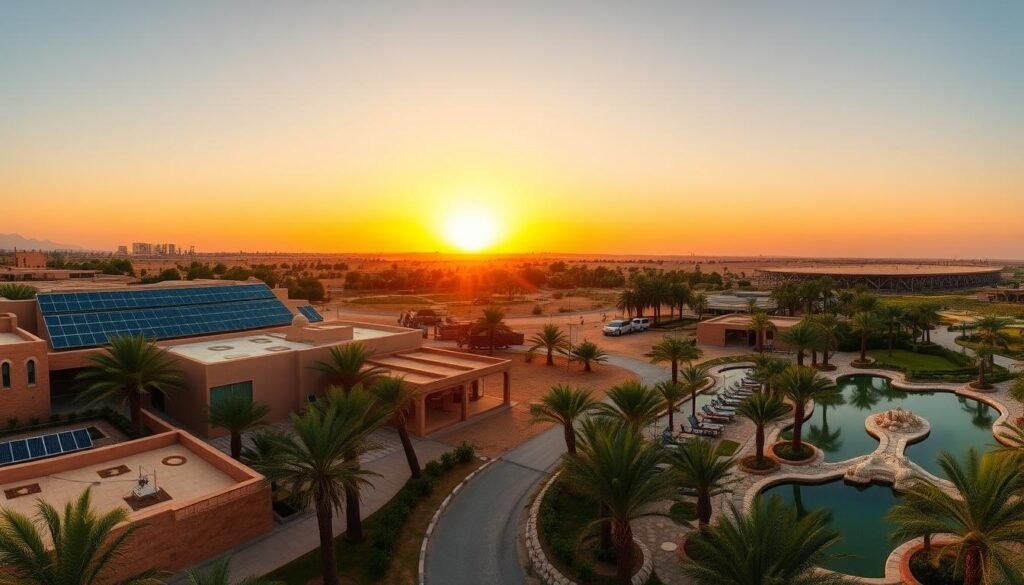
Sustainable tourism creates harmony between visitors, communities, and Egypt’s natural environments
Ecotourism in Egypt offers a profound way to connect with this ancient land beyond its monumental heritage. By choosing responsible travel options, you contribute to conservation efforts, support local communities, and gain authentic experiences that conventional tourism cannot provide.
As you plan your journey through Egypt’s diverse landscapes—from the serene oases and dramatic deserts to vibrant coral reefs and cultural villages—remember that each choice you make impacts both the environment and local communities. The growing network of eco-lodges, community-based tourism initiatives, and conservation projects throughout Egypt demonstrates the country’s commitment to sustainable development through tourism.
Your adventure awaits—one that respects Egypt’s natural treasures while creating meaningful connections with its people and places.
Start Your Eco-Adventure Today
Explore more destinations and sustainable travel practices to make your Egyptian journey unforgettable.

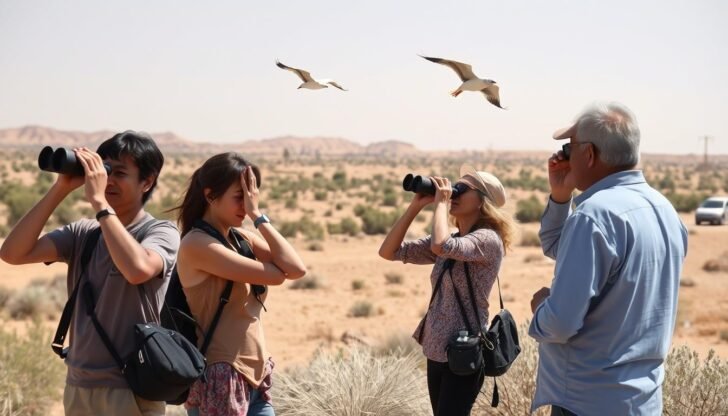











Leave a Reply